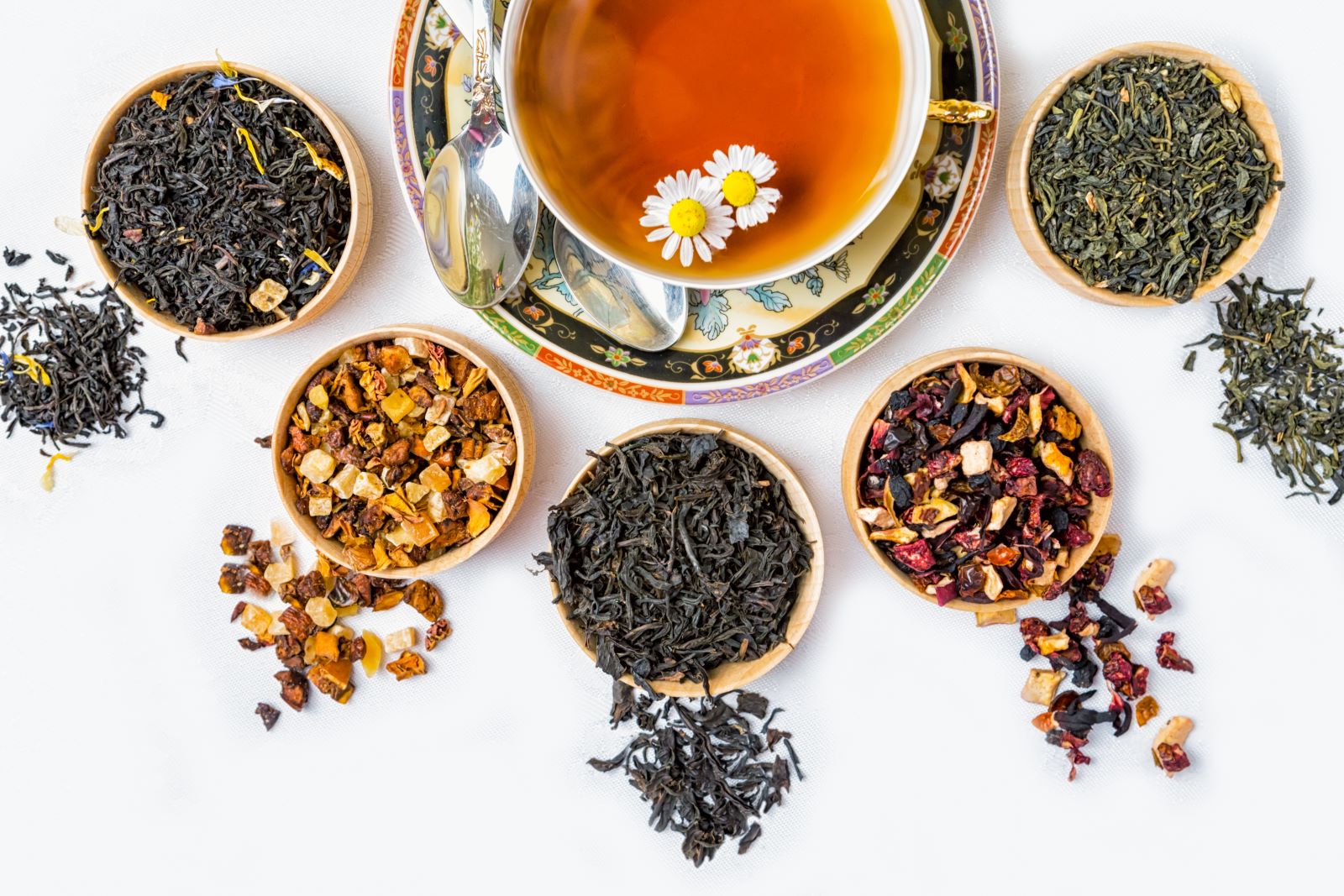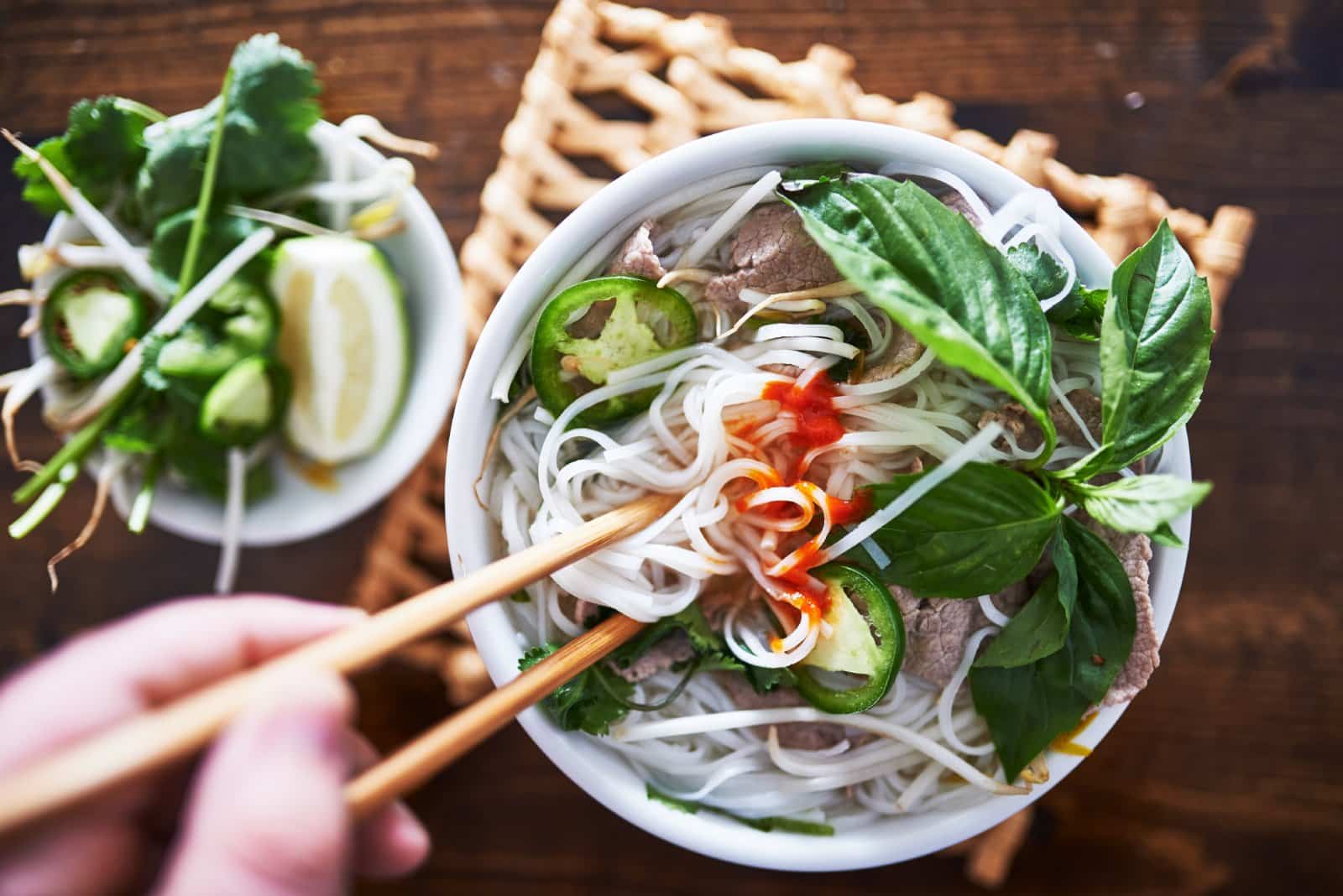My Experience With Intermittent Fasting: The Pros and Cons
Curious about intermittent fasting and whether it’s the right fit for you? I gave it a go and here’s what I found out about what worked and what didn’t.
1. Weight Loss Success

Intermittent fasting helped me shed a few pounds. By restricting my eating window, I naturally consumed fewer calories.
2. Improved Energy Levels

During the fasting periods, I felt more alert and energized. This was a surprising benefit that made my mornings more productive.
3. Simplicity in Meal Planning

Having a set eating window simplified my meal planning. I no longer had to think about breakfast or multiple snacks throughout the day.
4. Hunger Pangs

The initial days were challenging due to intense hunger pangs. It took about a week for my body to adjust to the new eating schedule.
5. Better Digestion

I noticed an improvement in my digestion. Intermittent fasting gave my digestive system a break, leading to less bloating and discomfort.
6. Social Challenges

Fasting made social events tricky. Skipping meals at family gatherings or dinners with friends required explanation and sometimes felt awkward.
7. Mental Clarity

I experienced periods of mental clarity and focus, especially during the fasting window. This helped me stay sharp and concentrate better on tasks.
8. Difficulty with Intense Workouts

Intense workouts were harder to manage without pre-workout meals. My performance suffered during fasting periods, and I had to adjust my exercise routine.
9. Easier Meal Prep

Preparing fewer meals saved me time. I appreciated the simplicity and efficiency of fewer daily meals.
10. Risk of Overeating

There was a risk of overeating during the eating window. I sometimes found myself bingeing on large meals, counteracting the calorie deficit I aimed for.
11. Better Hydration

I drank more water to curb hunger, which improved my overall hydration. Staying hydrated also helped with energy levels and focus.
12. Sleep Disruptions

Fasting occasionally disrupted my sleep, especially if I ate too close to bedtime. I had to adjust my eating schedule to ensure better sleep quality.
13. Enhanced Discipline

Intermittent fasting required discipline and self-control. It helped build a routine and a sense of accomplishment when I adhered to my eating window.
14. Nutrient Focus

I became more conscious of nutrient intake. Ensuring my meals were balanced and nutritious during the eating window was crucial for overall health.
15. Initial Fatigue

The first few days were marked by fatigue and low energy. My body needed time to adapt to the new eating pattern.
16. Increased Cravings

I experienced increased cravings for certain foods, particularly carbs. Managing these cravings was essential to avoid unhealthy eating habits.
17. Flexibility in Eating Windows

The flexibility of choosing different intermittent fasting schedules was a plus. I experimented with 16:8 and 18:6 windows to find what worked best for me.
18. Long-Term Sustainability

Sustainability was a concern. While intermittent fasting was effective short-term, I questioned its long-term viability and balance with my lifestyle.
Is Intermittent Fasting Right for You?

Intermittent fasting has its pros and cons, and it might not be for everyone. It’s essential to weigh these factors and consider how they align with your lifestyle and health goals. Are you ready to give it a try?
Not All Tea Is Good for You: List of Teas to Avoid and to Stick To

Not all teas are healthy and some might actually harm your health with poor ingredients. But how can you tell the good from the bad? This guide aims to help you make informed choices without turning you into a tea expert overnight. Not All Tea Is Good for You: List of Teas to Avoid and to Stick To
America’s Spiritual Revolution: Turning Away from Christianity to Embrace Alternatives

As church attendance declines, Americans are exploring diverse spiritual paths, from stargazing druids to unconventional deities like Wi-Fi gods and extraterrestrials. Explore the quirky and sometimes controversial new religions capturing attention as people seek meaning beyond traditional Christianity. America’s Spiritual Revolution: Turning Away from Christianity to Embrace Alternatives
25 Must-Try Global Delicacies

From Bangkok’s bustling streets to Parisian cafes, every corner of the world offers something special for your taste buds. And you don’t have to travel far; even in the USA, you can find a world of flavors. Here are 25 global delicacies every foodie should try, including some local favorites! 25 Must-Try Global Delicacies
Featured Image Credit: Shutterstock / NDAB Creativity.
For transparency, this content was partly developed with AI assistance and carefully curated by an experienced editor to be informative and ensure accuracy.






